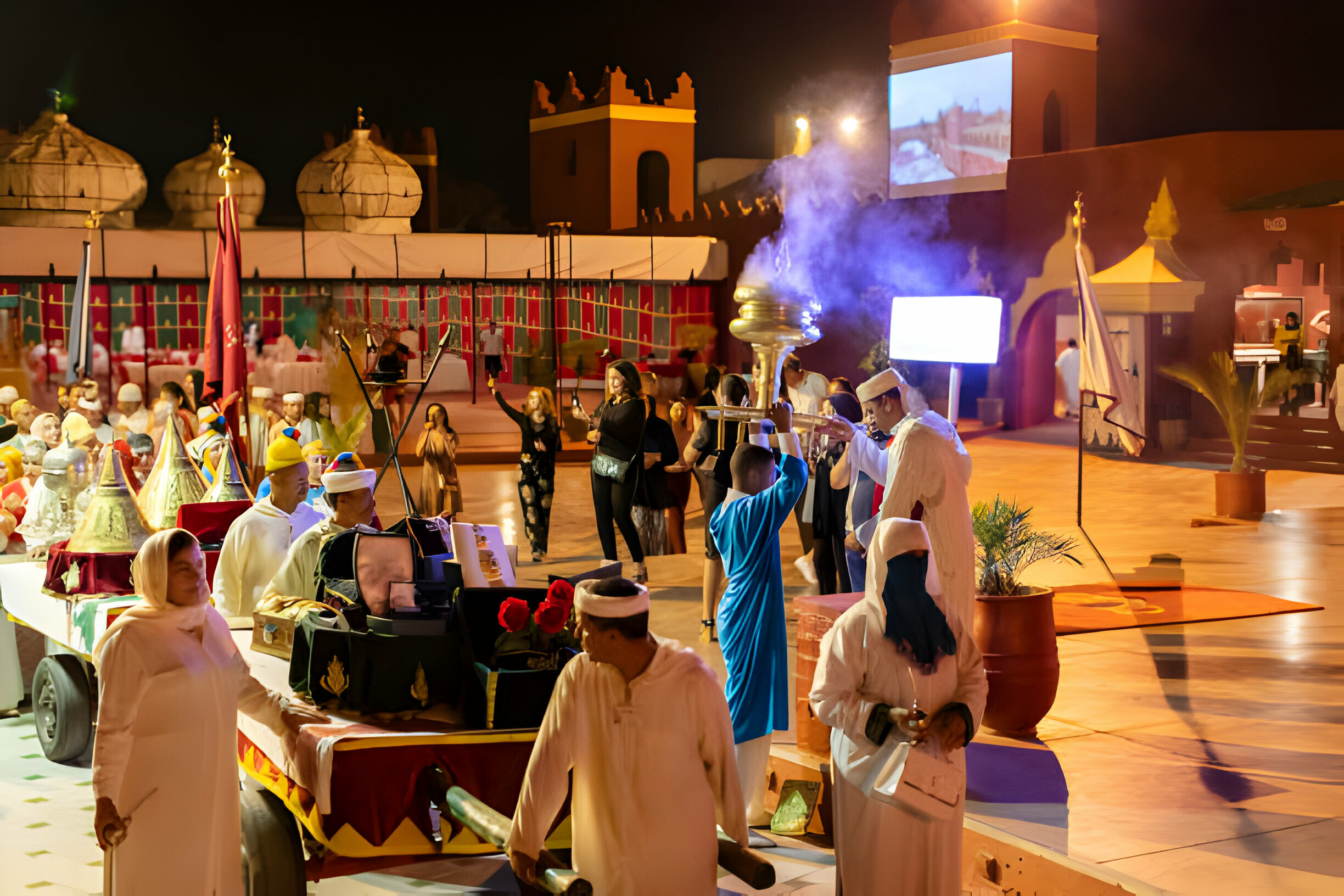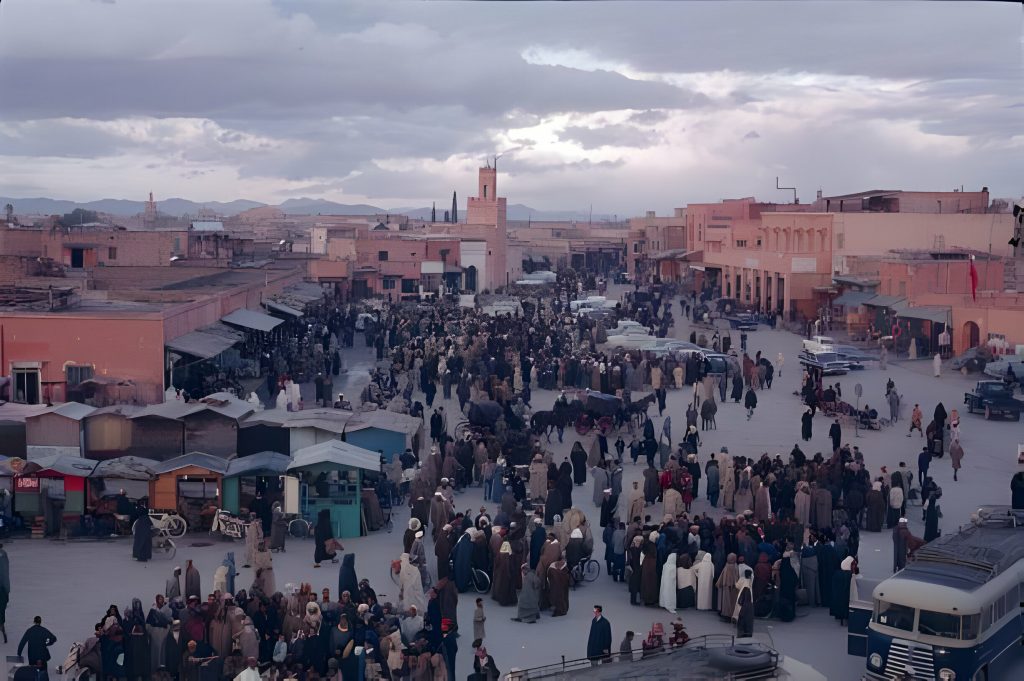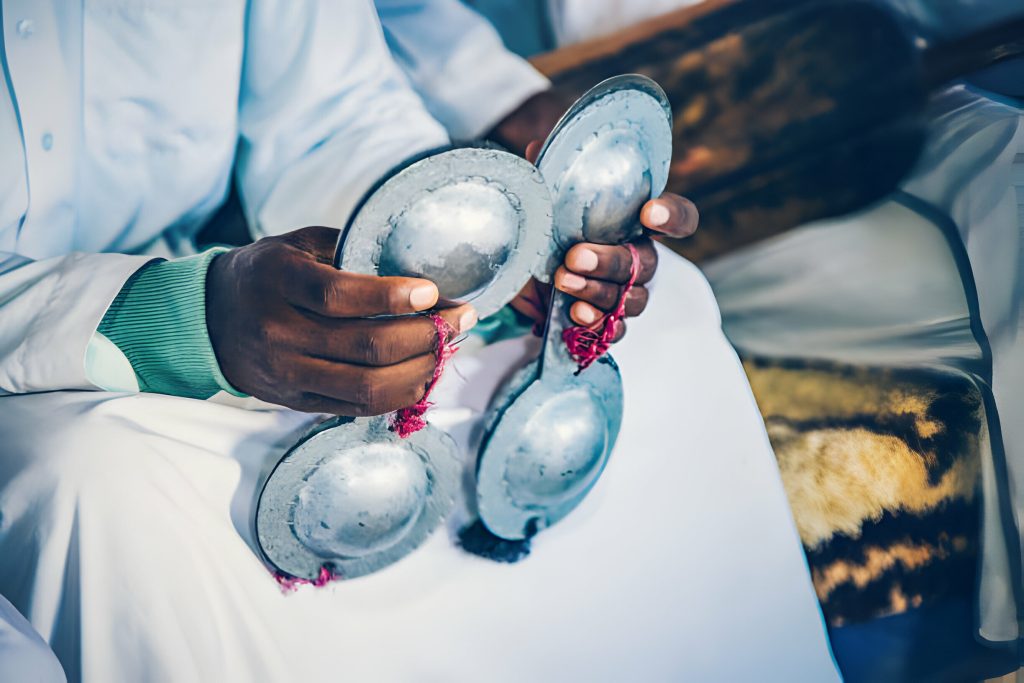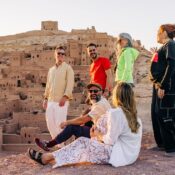
Folklore and Storytelling in Morocco: Narratives that Shape Cultural Identity
Introduction
Morocco’s rich cultural tapestry is woven with a vibrant array of folklore and storytelling morocco traditions that have been passed down through generations. From ancient myths and legends to moral parables and heroic epics, Moroccan folklore reflects the country’s diverse heritage, values, and collective imagination. In this article, we explore the significance of storytelling in Moroccan culture and the narratives that continue to shape its cultural identity.
The Importance of Storytelling in Moroccan Culture
Storytelling holds a central place in Moroccan culture, serving as a means of entertainment, education, and cultural transmission. Through oral narratives, Moroccans preserve their history, beliefs, and traditions, fostering a sense of continuity and connection with the past. From childhood bedtime stories to communal gatherings and festivals, storytelling permeates every aspect of Moroccan life, providing a framework for understanding the world and one’s place within it.
Key themes and elements in Moroccan folklore

Mythology and legends
Moroccan folklore teems with mythical beings, supernatural entities, and legendary heroes, creating a realm steeped in wonder and magic. Within this rich tapestry, benevolent jinni grant wishes while mischievous ghouls prowl the night. These stories blur the lines between reality and fantasy, captivating audiences with their timeless allure. The folklore reflects a cultural tapestry woven with beliefs, traditions, and the imaginative spirit of the Moroccan people. It serves as a window into their collective psyche, offering insights into their worldview and values through the lens of enchanting tales passed down through generations.
Moral lessons and values
Moroccan folk tales are rich narratives steeped in moral principles, catering to diverse audiences. These stories, featuring protagonists navigating challenges, delve into timeless themes like bravery, compassion, fairness, and perseverance. They serve as conduits for cultural wisdom, providing valuable insights into the intricacies of existence. Through the trials faced by characters, listeners glean lessons applicable to various life situations, fostering understanding and empathy. Moroccan folklore thus acts as a reservoir of ethical teachings, fostering moral development and offering profound reflections on the human experience.
Cultural traditions and rituals
Folklore plays a pivotal role in preserving and perpetuating Moroccan cultural traditions and rituals, from religious ceremonies and seasonal celebrations to wedding customs and rites of passage. Through storytelling, Moroccans reinforce their cultural heritage, fostering a sense of belonging and shared identity among communities across the country.
Heroic epics and adventure tales
Moroccan folklore is rich with narratives of valor and adventure, spotlighting legendary figures who conquer formidable obstacles to attain greatness. These tales exalt courage, integrity, and selflessness, igniting a sense of reverence in their audiences and encouraging them to emulate such virtues in their own lives. Through these sagas, individuals are prompted to chase their aspirations with unwavering resolve, drawing inspiration from the indomitable spirit depicted in the stories. This folklore serves as a timeless repository of cultural values, weaving a tapestry of tradition that continues to captivate and motivate generations with its enduring messages of bravery and honor.
Oral tradition and the role of storytellers
Gnawa musicians

In Morocco, storytelling is often intertwined with music, particularly in the traditions of the Gnawa, an Afro-Moroccan ethnic group known for their spiritual music and healing rituals. Through rhythmic chants and hypnotic melodies, Gnawa musicians evoke the mysteries of the spirit world, weaving tales of love, loss, and redemption that resonate deeply with their audiences.
Hakawati performers
Hakawatis, skilled storytellers in Moroccan culture, hold esteemed roles as guardians of oral traditions. Their mastery lies in captivating audiences with eloquence, wit, and dramatic delivery. Entrusted with preserving heritage, they transport listeners to distant lands and historical epochs through compelling narratives. With each tale, they weave a tapestry of imagination, enriching societal fabric with shared experiences and wisdom passed down through generations. These revered figures not only entertain but also serve as custodians of cultural identity, ensuring the continuity of cherished stories that connect communities and illuminate the human experience.
Community gatherings and festivals
Moroccan communities come together during special occasions and festivals to celebrate their cultural heritage through storytelling and performance. From the lively medinas of Marrakech to the remote villages of the Atlas Mountains, these communal gatherings provide opportunities for people to connect, share stories, and forge bonds of friendship and solidarity that endure for generations.
Preservation and revival efforts of Moroccan folklore
In recent years, there has been a renewed interest in preserving and reviving Morocco’s rich folklore and storytelling traditions. Cultural organizations, educational institutions, and grassroots initiatives are working tirelessly to document oral narratives, train new storytellers, and promote public awareness and appreciation of Moroccan folklore through festivals, workshops, and digital media platforms.
Impact of folklore on Moroccan cultural identity
Moroccan folklore is deeply ingrained in the nation’s cultural fabric, serving as a cornerstone of identity, inspiration, and unity. Through vibrant celebrations of diverse traditions and embracing the richness of its heritage, Morocco showcases its distinct cultural tapestry to the world. This fervent embrace not only strengthens national pride but also underscores the country’s resilience in preserving and championing its cultural legacy for generations to come, reaffirming its significance on the global stage.
Conclusion
Moroccan folklore and storytelling are invaluable treasures that enrich the country’s cultural landscape and strengthen its sense of identity and belonging. Through the timeless narratives of its oral traditions, Morocco continues to weave a tapestry of imagination, wisdom, and wonder that transcends boundaries of time and space, connecting people across generations and cultures in a shared celebration of the human experience.


